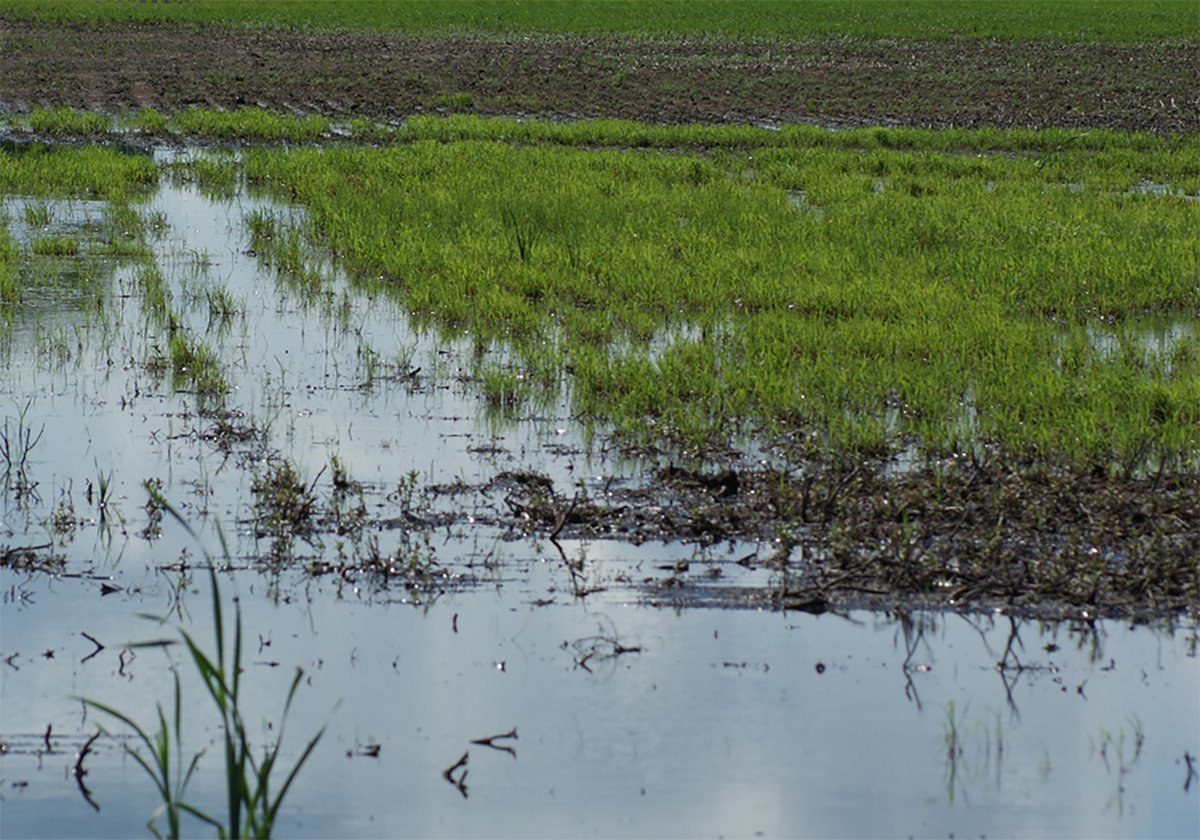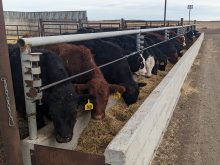FOR those who watch unfolding American farm debates, the past few weeks have been vintage.
The United States Senate has been debating its version of a new farm bill and not surprisingly, the question is not whether American farm subsidies should be guaranteed and increased but how quickly and how high.
The House of Representatives already decided: quickly and by quite a lot.
So last week, there was Iowa senator Tom Harkin, chair of the Senate agriculture committee, lecturing his fellow senators on the implications of World Trade Organization limits on subsidies.
Read Also

Topsy-turvy precipitation this year challenges crop predictions
Rainfall can vary dramatically over a short distance. Precipitation maps can’t catch all the deviations, but they do provide a broad perspective.
With charts in hand to illustrate the point, he said WTO limits the U.S. in what it can do. His question was simple: how quickly can American spending get to the allowable level?
Meanwhile, Senate efforts to pass a bill allowing more than $73 billion (U.S.) in new spending over the next decade with little more than a week’s debate was being threatened last week by minority Republican demands that more time was needed.
The American Farm Bureau, the largest farm group in the U.S. and normally a close ally of the conservative Republicans, was outraged.
“The stalling tactics used by some senators this week have jeopardized needed assistance for farmers,” said Farm Bureau president Bob Stallman last week. “If the result is that we don’t get a final bill until next year and the $73.5 billion allocated to agriculture in the budget is cut, we’ll know who to blame.”
Just for the sake of perspective, the farm bill that emerges from Congress still has to receive approval from the allegedly anti-subsidy White House of George W. Bush. Canadian ministers insist the White House is against the subsidizing Congress.
For the sake of further perspective, 2002 is yet another congressional election year in the U.S. and Bush will be under pressure not to veto a rich farm bill that could help Republicans in farm states.
One last reality check: these are the same Americans who were in Doha, Qatar at recent WTO meetings proclaiming their commitment to subsidy cuts and condemning the Europeans for their subsidizing ways.
Canadian free traders and Yankee wannabes who tend to believe what Americans say rather than witness what they do should pay more attention to the political discourse of Washington than the rhetoric of Doha.
Canadian farm policy makers and subsidy resisters who have been hanging their hats on the hope that other countries will reduce farm supports should take note the Americans have no intention of doing that.
There is little reason to expect that in the realm of world competition in government farm supports, 2002 will be much different from years past. Canadian farmers will be competing against highly subsidized product from other countries with just a fraction of government support that their competitors receive.
With apologies to the great rock band The Who, Canadian trade Boy Scouts should improvise a version of their anthem Won’t Get Fooled Again:
Meet the new American rhetoric
Same as the old American rhetoric
Won’t get fooled again.














